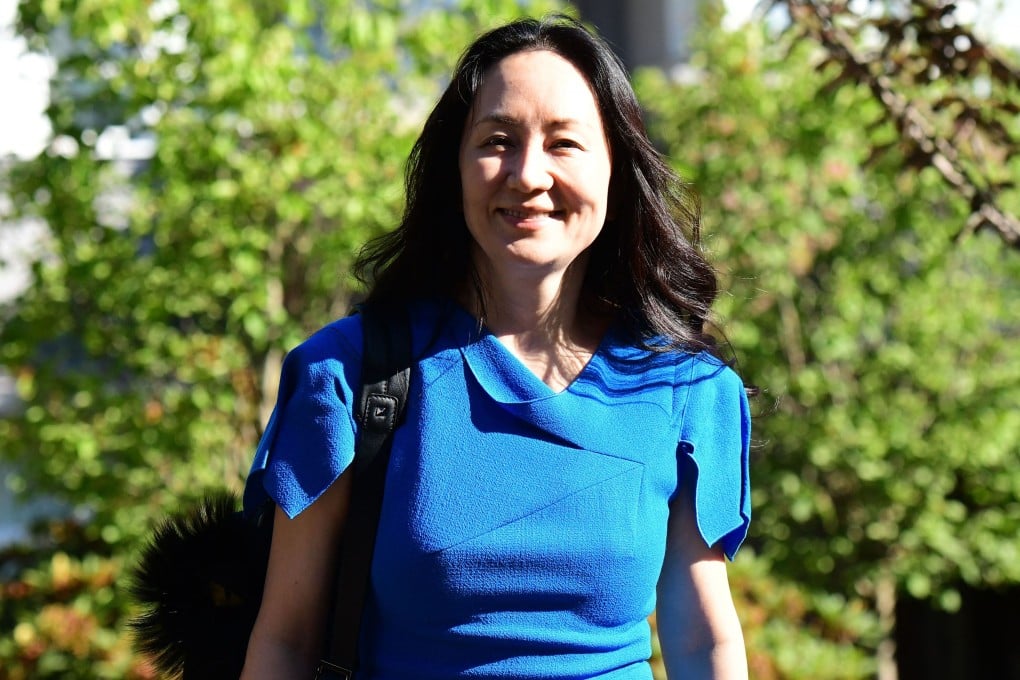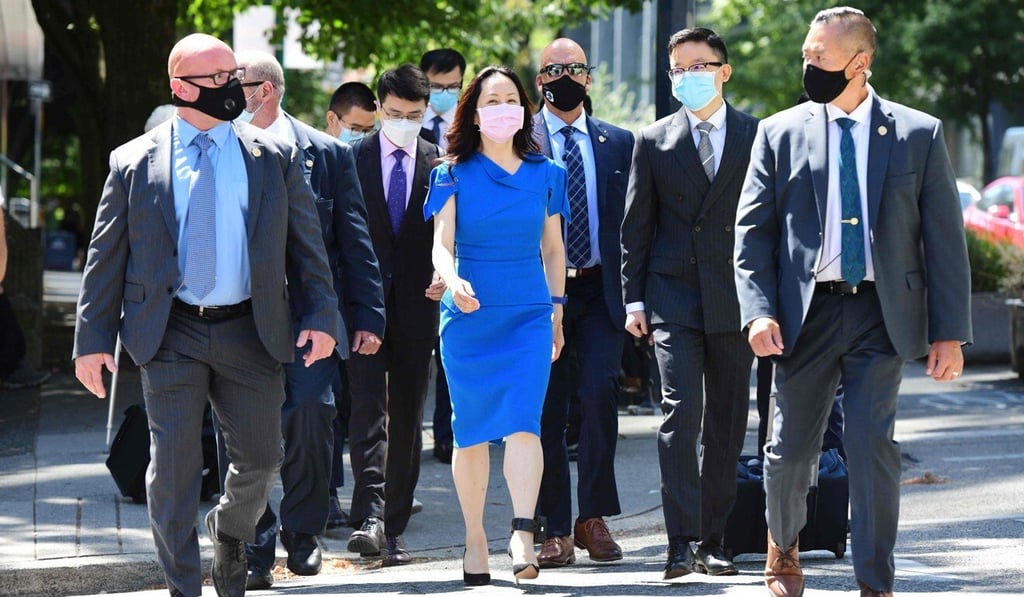Denounce US misconduct and set Meng Wanzhou free, lawyer for Huawei executive tells judge in final phase of extradition case
- The US has tried to mislead the Canadian court about its fraud case against Meng, and the only remedy is a stay of proceedings, her lawyer says
- The last stages of Meng’s extradition case have begun almost 1,000 days after her arrest at Vancouver’s airport

US authorities’ attempts to mislead in the extradition case of Huawei Technologies executive Meng Wanzhou “must be denounced” by halting the entire process, thus setting her free, her lawyer said, as the final scheduled hearings in the marathon case began in a Canadian court on Wednesday.
Meng’s lawyer Mona Duckett said her client’s mistreatment by the US – namely, the filing of a misleading record of the fraud case against her – could only be answered by staying the proceedings.
“The only remedy we say lies in a stay … to meaningfully denounce the misleading conduct,” Duckett told Associate Chief Justice Heather Holmes in the Supreme Court of British Columbia.
It is a process that began almost 1,000 days ago, when Meng’s 2018 arrest at Vancouver’s airport triggered a crisis in Beijing’s relations with Ottawa and Washington.

The hearings in Vancouver may represent the end game for a case that has served as a microcosm of complex geopolitical shifts, as China challenges US primacy on the world stage.
But the two choices facing Holmes are simpler – she must decide whether to release Meng, or recommend to Canadian Justice Minister David Lametti that she be extradited to New York to face trial for fraud.